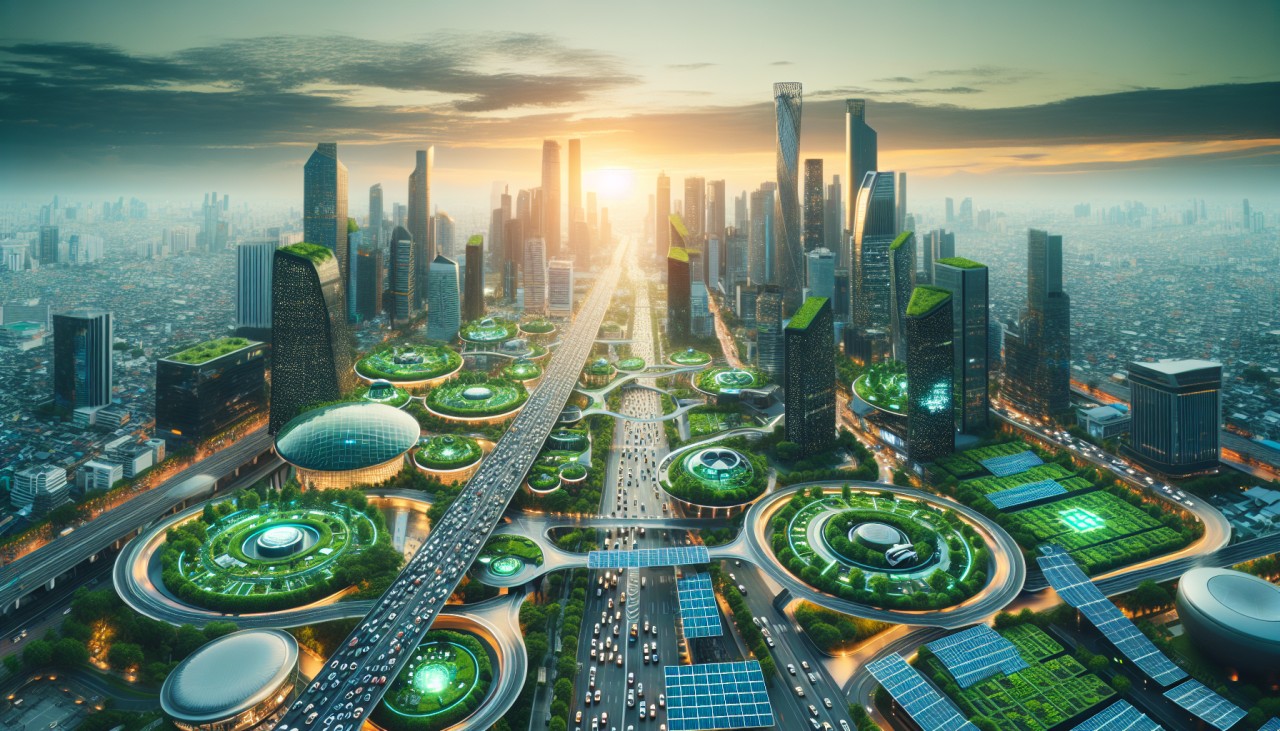As urban populations continue to swell, cities worldwide are embracing smart technologies to enhance sustainability and quality of life. The integration of the Internet of Things (IoT) into urban infrastructure is at the forefront of this transformation. IoT-enabled sensors monitor everything from air quality to traffic flow, providing real-time data that informs decision-making. For instance, Barcelona has deployed smart parking sensors that guide drivers to available spots, reducing congestion and emissions. Similarly, Seoul has implemented smart waste management systems, using sensors to optimize collection routes and improve recycling efficiency. smartcityss.com, innotechtoday.com
Artificial Intelligence (AI) and machine learning are also playing pivotal roles in predictive urban planning. Cities like Helsinki utilize AI to simulate the impact of zoning changes, helping planners design resilient neighborhoods. This approach not only optimizes current resources but also future-proofs urban spaces against challenges like climate change and population growth. smartcityss.com Moreover, the concept of the 15-minute city is gaining traction, where residents can access essential services within a 15-minute walk or bike ride. This model promotes sustainable living by reducing car dependency and fostering community engagement. en.wikipedia.org
Key Takeaways
- IoT sensors monitor urban infrastructure for real-time data.
- AI aids in predictive urban planning for resilient neighborhoods.
- The 15-minute city model reduces car dependency and promotes sustainability.
